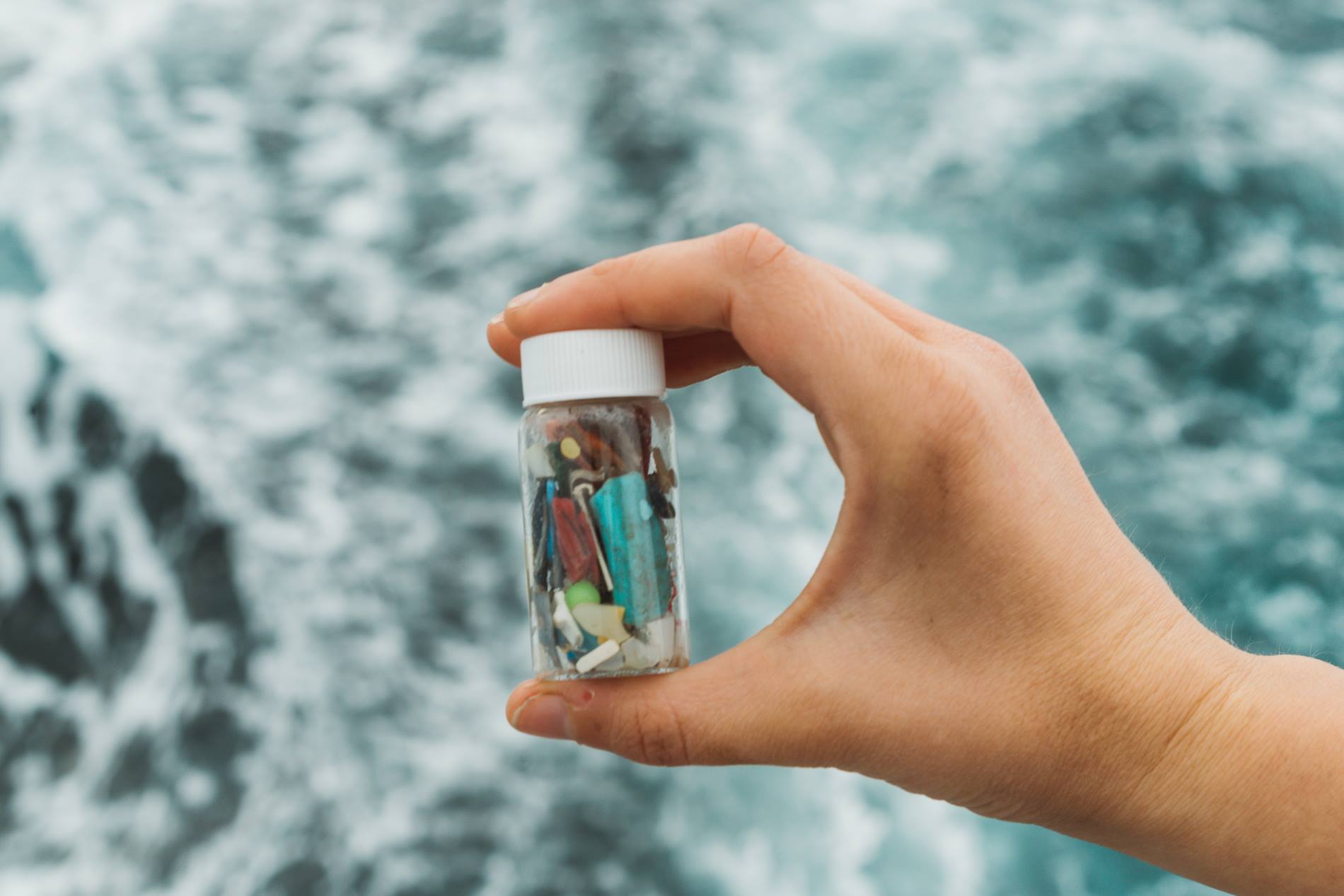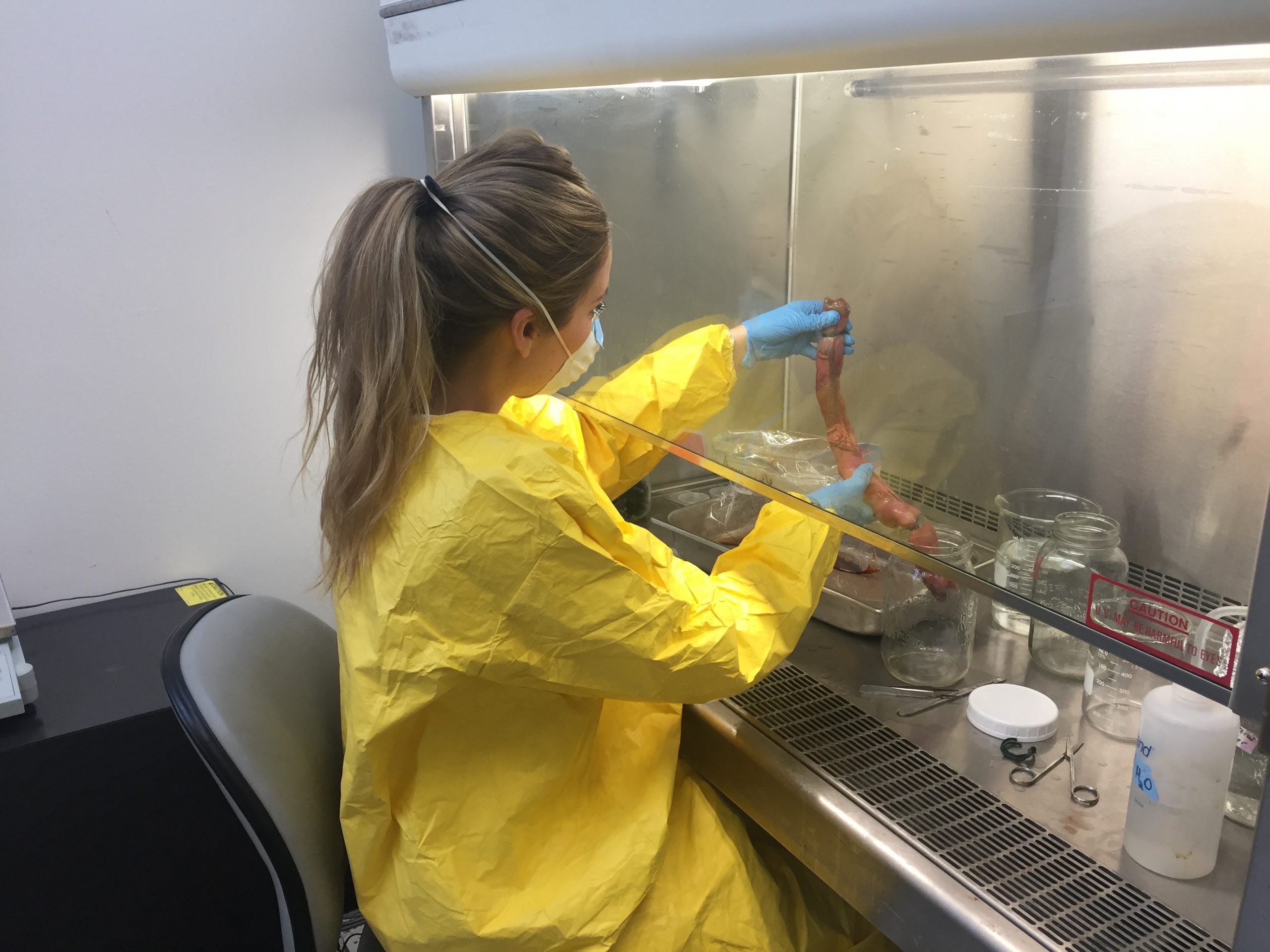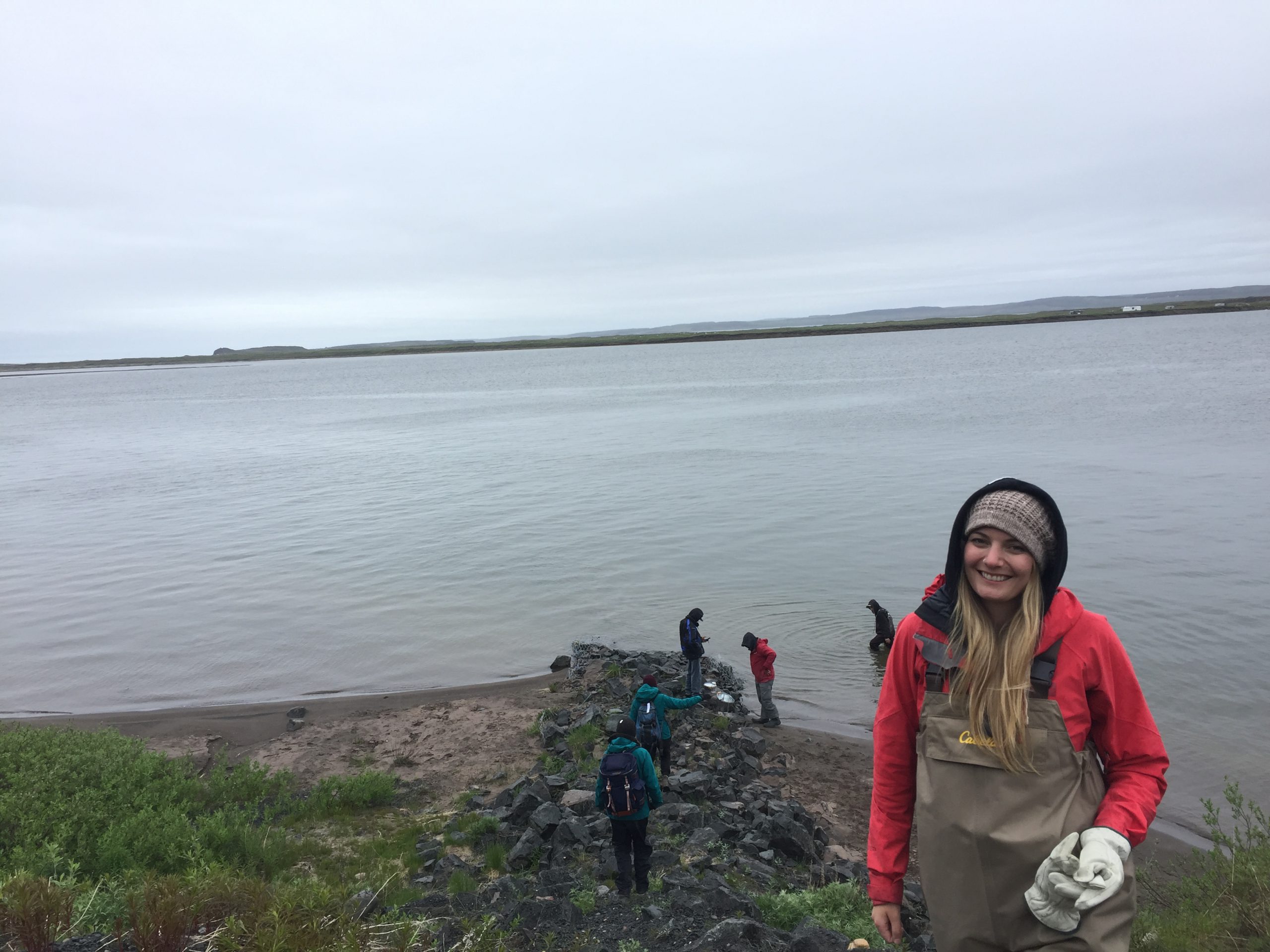
- This event has passed.
[Seminar] Perspectives from the Canadian Environmental Microplastics Facility
December 4, 2018 @ 3:00 pm
Seminar by Ms Rhiannon Moore

Abstract:
Both the value and plight of corals reefs are well established. During the past five decades, researchers have identified the key problems affecting reefs, including sedimentation, pollution, overfishing and climate change. We have also documented extensive losses, with an estimated 50% of reefs having been severely impacted during this period, as a result of human activities. Some reefs are thriving and have demonstrated the capacity for recovery from both local and global level stressors. Others have passed a tipping point and reached an alternate stable state, dominated by algae, and are unlikely to recover without interventions. With the frequency and magnitude of mass coral bleaching events increasing since the 1980’s, both ecological models and observational projections predict further losses and a future with coral reefs of lower biodiversity, structural complexity and ecosystem services. Interventions are under consideration, including active restoration, selective breeding for resistant genotypes, ecosystem engineering and genetic manipulation. The most recent assessments of coral reef status and trends indicate inaction is the path of greatest risk. New tools in biology such as genomics, proteomics, metabolomics and transcriptomics provide answers on how corals respond to stressors at levels from ecosystems to molecules and provide metrics to evaluate the effectiveness of management practices over periods of weeks to months rather than years to decades. New approaches to valuing reefs and their ecosystem services support the will needed at the policy level. As researchers, we need to clearly communicate our science to energize efforts to better bridge the best knowledge to developing and implementing sound policies and actions if leaving a legacy of vital reefs for future generations is to be achieved.
Abstract:
Microplastics (<5mm) have been found in nearly all environments on earth and studies have been documented plastic ingestion by a wide range of marine biota. Rhiannon will be covering several topics surrounding this emerging environmental contaminant including sources, fate and effects of microplastics and what Ocean Wise is doing to research this environmental contaminant. She will also provide a summary of her own research in the Canadian Arctic, where she is investigating microplastic pollution in beluga whales and their prey. The results of Rhiannon’s project provides both a baseline assessment of microplastic contamination within the beluga food web and contribute to a larger understanding of plastic pollution within Canada’s Arctic.


About the speaker:
Rhiannon is a researcher at the Ocean Wise Plastics Lab and is completing her Masters of Science at Simon Fraser University. Her research focuses on plastic pollution in Canada’s Arctic, where she is evaluating the amount of microplastic contamination in the beluga food web. In 2017 Rhiannon participated in an all-female sailing expedition (eXXpedition Caribbean) to raise awareness on plastic pollution, and later participated in the Canada C3 expedition as a research scientist. In 2018, she was the recipient of the Garfield Weston Award for Northern Research, and named one of Canada’s top 30 under 30 sustainability leaders by Corporate Knights. When not in the lab or the field, Rhiannon spends much of her time participating in outreach and education events to raise awareness about plastic pollution.


